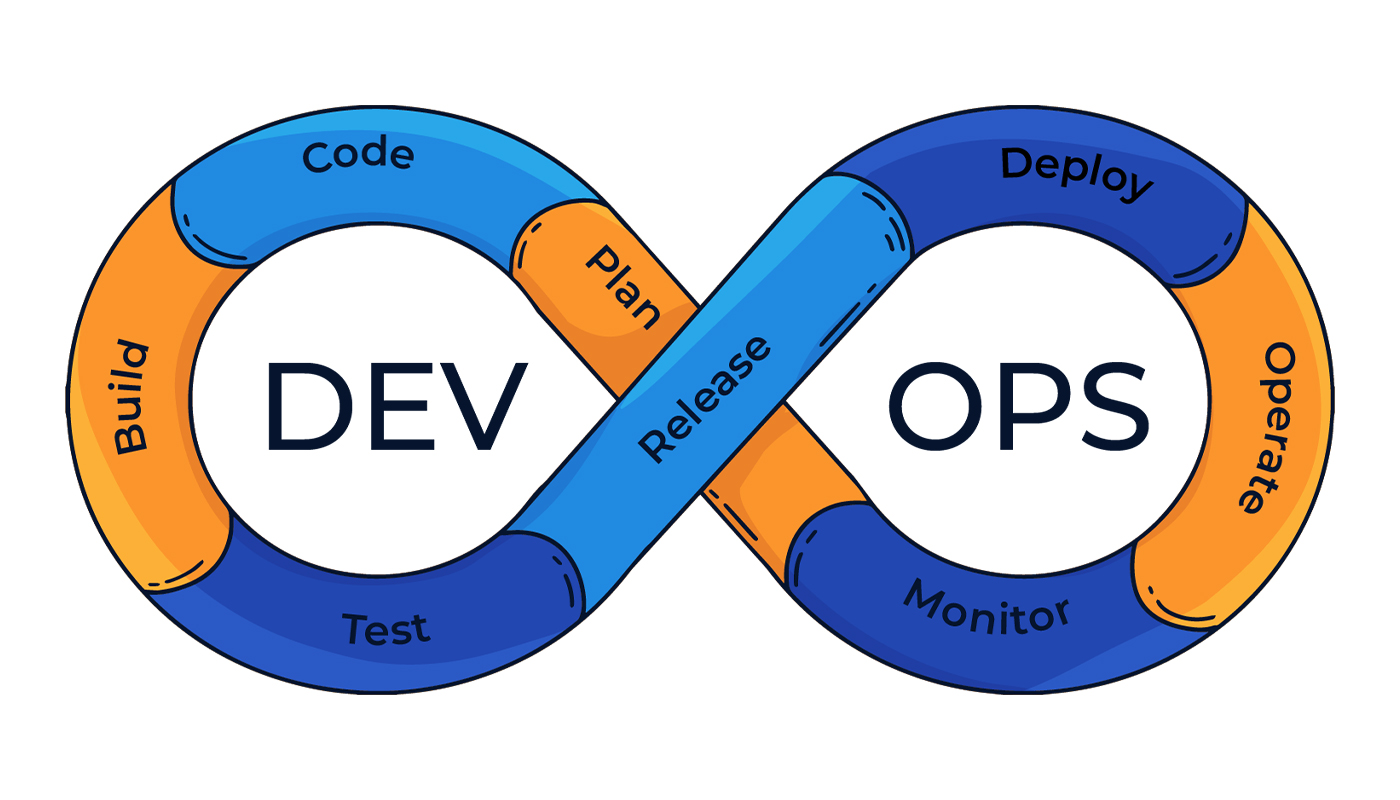DevOps has become one of the major focuses of companies looking for the best way to deliver software that is optimized for great user experience within the best time limits. This is the major reason why DevOps is gaining popularity among the aspirants. However, these days, companies are pushing forward to their software engineers to go for DevOps learning. This shift is caused by several reasons. Before we talk about DevoOps learning for software engineers let’s discuss DevOps first.
What Is DevOps and Why is it Important for Companies?
Let’s discuss why it is beneficial for software engineers to learn DevOps.
Career Advancement
The skills of DevOps are one of the most sought-after skills in the tech industry. Learning DevOps can enhance the software engineer’s career prospects. It will open up opportunities for roles such as DevOps Engineer, Site Reliability Engineer, and Cloud Engineer.
Holistic Understanding of the Software Lifecycle
When it comes to learning DevOps, the engineers don’t just learn new skills but it gives you a thorough understanding of the entire software development lifecycle. From coding and testing to deployment and monitoring every important aspect of the software engineer but on steroids. Such a holistic perspective is invaluable for creating high-quality software.
Improved Efficiency and Productivity
Automation, CI/CD, and IaC are DevOps practices that software engineers can master to improve their productivity and efficiency. You can spend more time doing strategic and creative stuff when you automate repetitive tasks.
Better Collaboration Skills
DevOps focuses on collaboration and communication between development and operations teams. With the help of DevOps, software engineers will develop these soft skills. They are crucial for working effectively in cross-functional teams.

Staying Relevant in the Industry
The tech industry is constantly evolving. The DevOps can help them to stay on the edge. By learning DevOps, software engineers can stay up-to-date with the latest trends and technologies, ensuring their skills remain relevant.
Enhanced Problem-Solving Abilities
DevOps encourages a proactive approach to problem-solving, with a focus on Monitoring, Scalability, and Resilience. Engineers who learn DevOps have better knowledge to identify and address issues before they escalate. This will lead to more robust and reliable software.
Increased Job Satisfaction
DevOps environments are popular with software engineers because they increase job satisfaction. Working collaboratively, seeing their code live quickly, and getting immediate feedback can be really rewarding.
Don't know where to start your tech career?
We are here for you! Schedule a free call with our consultant for personalized advice on achieving your learning goals
Why DevOps is Important for Companies?
DevOps as we all know is all about the combination of development (Dev) and operations (Ops). The goal is to create a culture and environment where building, testing, and releasing software should be done faster, more frequently, and reliably. Companies are implementing DevOps in their software development cycle to enhance collaboration and streamline the process. This can ultimately lead to better software products.
Following are the reasons why many companies are adopting DevOps are many such as:
Automation
This is one of the major DevOps practices that help them to efficiently develop and test the software. By automating repetitive tasks, such as testing and deployment, teams can save a huge amount of time and reduce the risk of human error. This will result in faster and well-optimized software delivery with new features.
Continuous Integration (CI) and Continuous Deployment (CD)
DevOps practices include Continuous Integration (CI) and Continuous Deployment (CD). It helps identify and address issues early by automatically integrating code changes into a shared repository several times a day. This CD automates the deployment of code to production, making sure updates get released consistently and quickly.
Infrastructure as Code (IaC)
IaC (Infrastructure as Code) is a crucial part of DevOps. Instead of having physical hardware configuration and interactive configuration tools, machine-readable definition files manage and provision computing infrastructure. This makes the infrastructure setup process repeatable, consistent, and version-controlled.
Containerization and Microservices
Modern application development also relies on containerization and microservices. Containerization encapsulates an application and its dependencies into a container that runs anywhere. As opposed to microservices, which are loosely coupled services, microservices are architectural styles. The two practices improve scalability and agility, making it easier for companies to build, deploy, and scale applications.
Orchestration tools
Containerized applications are deployed, managed, and scaled with orchestration tools like Kubernetes. Then you can manage complex application environments and make sure they run smoothly.
Effective Monitoring
A good monitoring system is crucial for DevOps to track application performance and infrastructure health. As a result of continuous monitoring, teams can detect and fix problems before they affect users.
Scalability
Scalability is one of the most crucial features of adopting DevOps. When companies can efficiently scale the applications and infrastructure, they can handle the ever-increasing load-outs without compromising performance.
Collaboration
Collaboration is everything in DevOps. A culture of collaboration between development and operations teams makes work more cohesive and productive by breaking down silos and encouraging shared responsibility.
Agile methodology
The Agile methodology helps DevOps by promoting iterative development, frequent releases, and customer feedback. This alignment helps deliver value faster and adapt to changing requirements more effectively.
Version Control systems
Version Control systems, such as Git, are crucial in DevOps for managing code changes and tracking revisions. They help the teams collaborate on code seamlessly and maintain a history of changes. This is an important part of debugging and auditing purposes.
Final Thoughts
Learning DevOps is a valuable investment for any software engineer. It will enhance your technical skills along with improving your collaboration and problem-solving abilities. Though it may seem challenging at first, the benefits of learning DevOps are worth the effort. For any organization, embracing DevOps practices can result in better developing and testing environments. It can provide engineers with a fulfilling and successful career in the tech industry. So, if you’re hesitant, remember that the hard work will be worth it in the end. Start to learn and you’ll soon see the positive impact of DevOps on your professional growth and the quality of your work.











